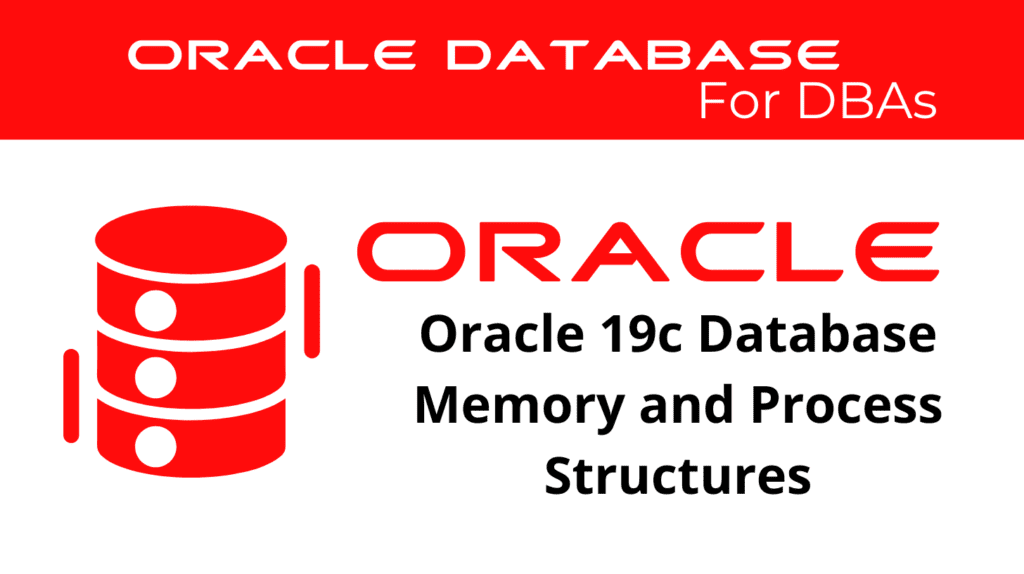
Oracle 19c Database Memory and Process Structures are fundamental aspects that significantly influence the performance and efficiency of a database. Understanding these components helps database administrators to optimize resource allocation and manage workloads effectively. In this blog, we will explore the key memory and process structures in Oracle 19c, their configurations, and best practices for maximizing database performance.
Understanding Oracle 19c Memory Structures
Oracle 19c memory structures are crucial for the efficient operation of the database. These structures include the System Global Area (SGA) and Program Global Area (PGA), both of which play vital roles in memory management. The SGA is a shared memory region that contains data and control information for one Oracle instance. In contrast, the PGA is a memory region that stores data and control information for a single server process.
Proper configuration of these memory structures is essential for optimal performance. The Oracle 19c memory settings should be adjusted based on the specific workload requirements. For example, increasing the SGA size can enhance the caching capability, thereby reducing the need for disk I/O operations. Similarly, tuning the PGA size helps in managing session-specific data efficiently.
Key Process Structures in Oracle database 19c
Process structures in Oracle 19c are designed to manage the execution of database operations. These structures include background processes, server processes, and user processes. Background processes, such as the Database Writer (DBWn) and Log Writer (LGWR), handle tasks that support database operations. Server processes handle user requests and execute SQL statements, while users initiate user processes to interact with the database.
Understanding these process structures is crucial for effective database management. For instance, the Oracle 19c process structures must be monitored to identify any performance bottlenecks. Regularly reviewing and adjusting these processes ensures that the database operates efficiently under varying workloads.
📢 You might also like: Oracle 19c Logical and Physical Database Structures (Category: Oracle Database Admin)
Best Practices for Configuring Oracle Memory and Process Components
Implementing best practices for configuring Oracle 19c memory and process components is vital for maintaining a high-performing database environment. One best practice is to use the Automatic Memory Management (AMM) feature, which dynamically adjusts memory allocations based on workload demands. This approach simplifies memory management and helps maintain optimal performance.
Additionally, regular monitoring and tuning of process components are essential. Using tools like Oracle Enterprise Manager, database administrators can track process activity and identify areas that require adjustment. For example, if a particular background process is consuming excessive resources, it might indicate the need for configuration changes or additional resources.
Common Challenges and Solutions in Managing Oracle database SGA and PGA and Process Structures
Managing Oracle 19c memory and process structures can present several challenges. Performance issues often arise due to improper memory allocations or misconfigured process settings. Addressing these challenges requires a thorough understanding of the memory and process components and their interactions.
For example, inadequate memory allocation or conflicting process settings often cause performance bottlenecks. By regularly monitoring the database and making necessary adjustments, administrators can mitigate these challenges. Additionally, using diagnostic tools and performance tuning guides provided by Oracle can help in identifying and resolving issues promptly.
See more on Oracle’s website!
Conclusion
In conclusion, understanding and effectively managing Oracle 19c Database Memory and Process Structures is essential for maintaining a robust and high-performing database environment. By following best practices and addressing common challenges, database administrators can optimize the performance and reliability of Oracle 19c databases.
Be Oracle Database certified Professional, this world is full of opportunities for qualified DBAs!





